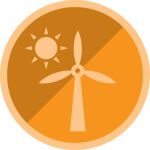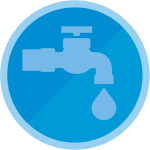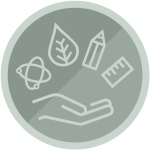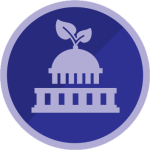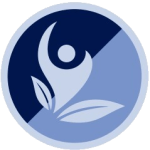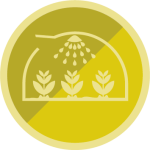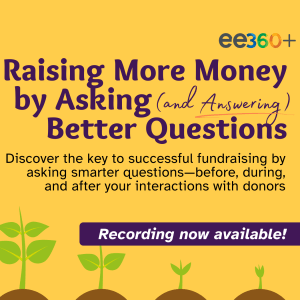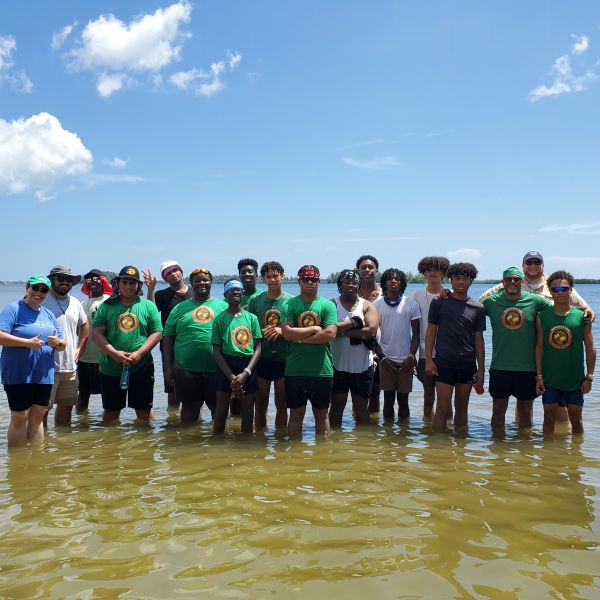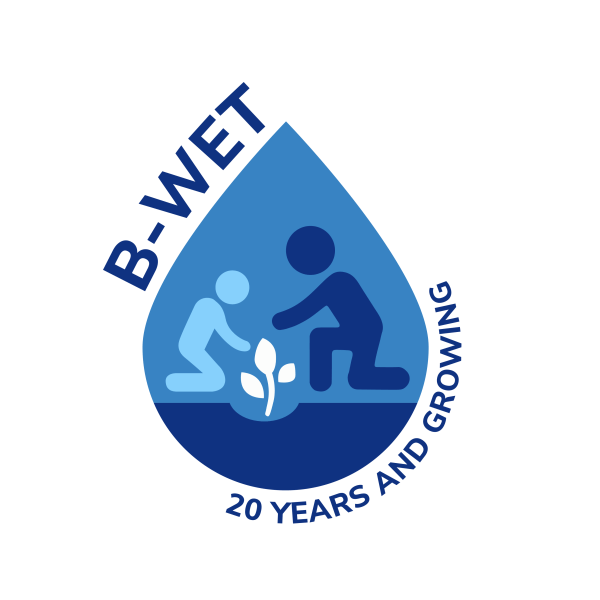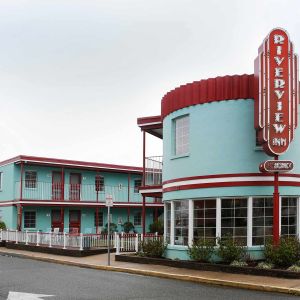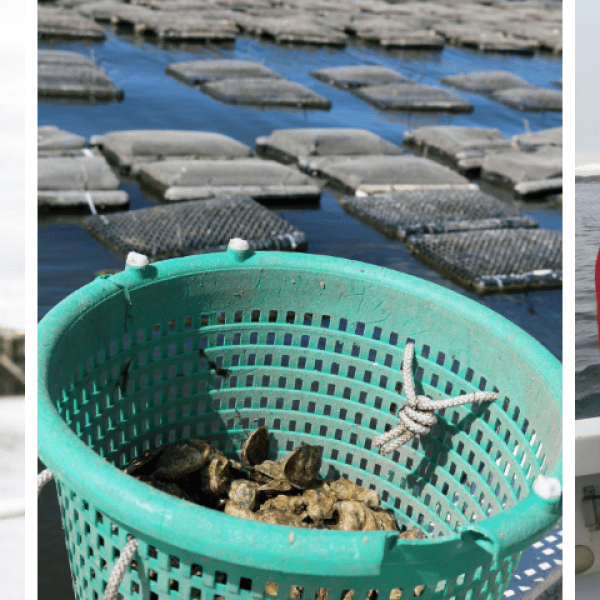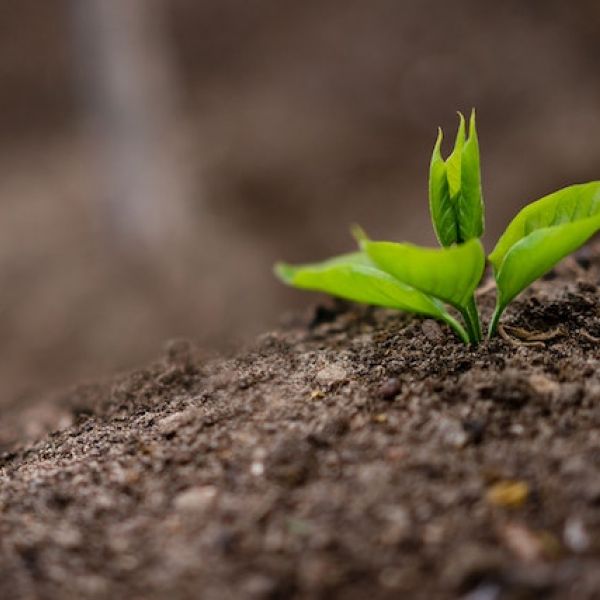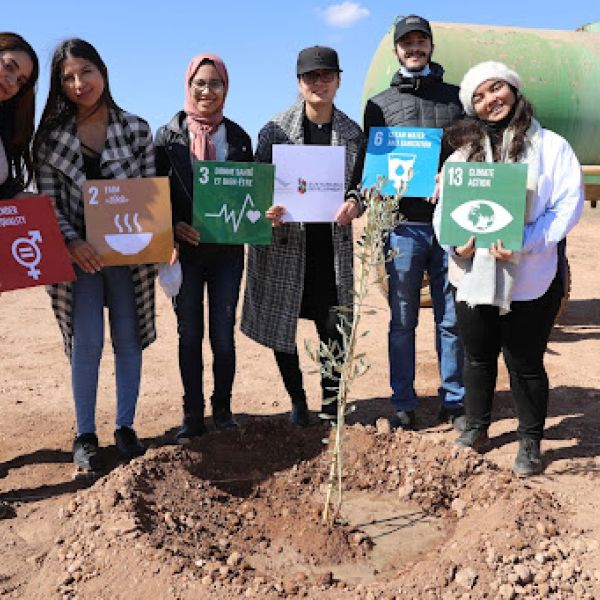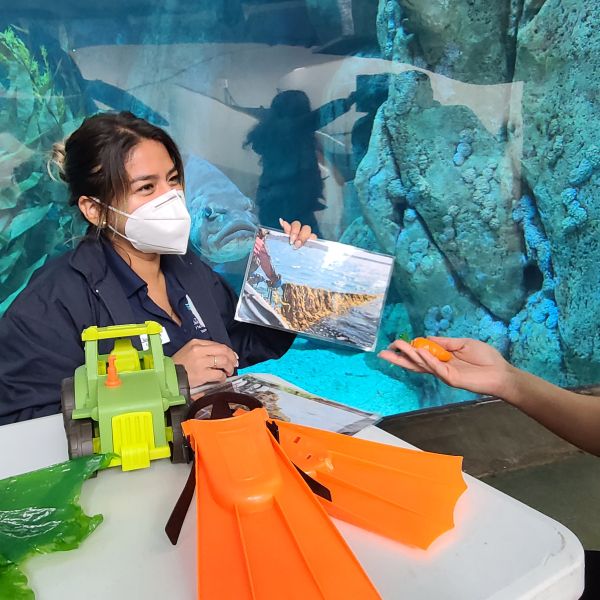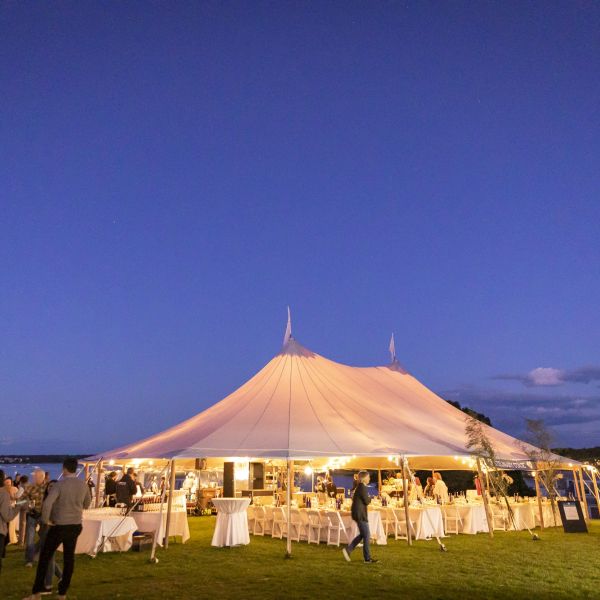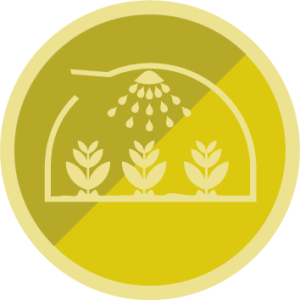
Sustainable Cities and Communities
Developing sustainable communities requires careful consideration of the needs and values of community members both individually and collectively. It is no simple task, but with thoughtful preparation, an eye for possible barriers, transparency, and continuous dialogue, we can make it happen! Dive into the ins and outs of building sustainable communities, share your experiences, learn from peers, and work together to initiate change!
Make sure you’re logged into eePRO to access all the Group features, like the forum and member activity feeds!
Bulletin Board
-
-
Environmental educator Danny Woolums shares how Lexington youth are connecting with their communities and local ecosystems through the CEE-Change Fellowship.
-
-
Visit the B-WET 20th-anniversary website for stories that illustrate how the B-WET program has impacted students, schools, and communities over the past 20 years. And look for B-WET posts highlighting #BWET20andGROWING on NOAA Education’s social media and B-WET’s Facebook page on August 8-19.
-
-
Join us in celebrating Aquaculture Week as we feature the tremendous dedication and innovation of our Aquaculture Literacy Grantees of 2021–2022.
-
The Sustainable Earth Educator Awards is thrilled to recognize 19 educators across the country. Learn more about the awardees and two projects.
-
The Association for the Advancement of Sustainability in Higher Education (AASHE), an ee360+ partner, is a nonprofit organization that supports anyone at colleges and universities working on sustainability. AASHE creates resources and tools to help faculty, staff, and students teach, learn, and…
-
In the latest eeBLUE Harvest Stories, Ocean Farmers, a cross-sector, regional partnership, provides lessons in securing healthy and vital food access for generations.
-
With the help of a few happy clams, shellfish aquaculture and its role in economic resilience blooms in this blog post.

